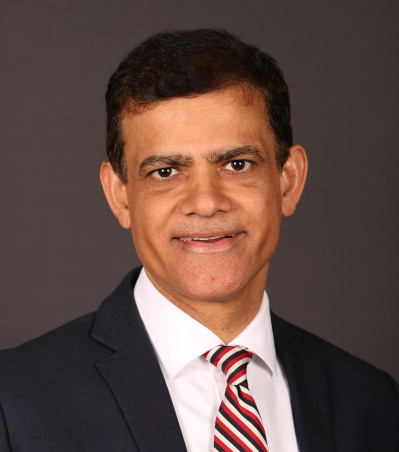Mr. Faiz Askari, Founder of SMEStreet shares an overview on Modi 3.0’s Budget 2024 presented by FM Nirmala Sitharaman on 23rd July 2024.

Mr Faiz Askari stated, “The Union Budget 2024 sets forth an ambitious blueprint aimed at transforming India into a developed nation. Central to this vision is substantial investment in infrastructure, encompassing transportation networks, energy projects, and digital connectivity, all designed to bolster economic growth and enhance nationwide connectivity. The healthcare sector sees a significant boost, with increased funding for public health infrastructure, expanded health insurance coverage, and improved access to essential medicines, ensuring a healthier population. Education and skill development are prioritized, with allocations for digital education, vocational training, and higher education to cultivate a skilled and future-ready workforce.
In alignment with global sustainability goals, the budget promotes a green economy through initiatives encouraging renewable energy adoption, carbon emission reduction, and sustainable practices. This includes incentives for electric vehicles, solar energy projects, and the integration of green technologies. Agriculture and rural development receive focused attention, with measures to improve credit access for farmers, modernize agricultural practices, and enhance rural infrastructure, aiming to double farmers’ incomes and secure food supplies.
To drive technological advancement and innovation, the budget invests in research and development, supports startups, and fosters a culture of innovation, enhancing India’s global competitiveness. Financial inclusion initiatives ensure broader access to banking and financial services, particularly for underserved and rural populations, through digital banking and financial literacy programs.
Social welfare schemes are bolstered to support marginalized and vulnerable populations, with increased provisions for affordable housing, social insurance, and aid for senior citizens and differently-abled individuals. The ease of doing business is improved through streamlined regulatory processes, reduced bureaucratic hurdles, and incentives to attract entrepreneurship and foreign investments. National security is strengthened with increased defense spending, modernization of the armed forces, and enhanced border security measures.
From SMEStreet’s perspective, the Union Budget 2024 is particularly promising for the MSME sector. The enhanced allocation for the Credit Guarantee Scheme is seen as a crucial step in bridging the credit gap for small businesses, ensuring they have the necessary financial support to thrive. Tax relief measures and simplified compliance procedures are expected to ease the financial burden on MSMEs, fostering a more conducive environment for growth and formalization. Investment in digital infrastructure will enable MSMEs to adopt digital tools and technologies, enhancing their competitiveness in a rapidly evolving market. Skill development programs tailored for MSMEs are poised to upgrade the workforce, promoting productivity and innovation within the sector. Additionally, export promotion measures, streamlined regulatory processes, and incentives for green technologies are set to empower MSMEs, driving their growth and sustainability. Overall, SMEStreet views the budget as a comprehensive plan that not only aims to build a developed India but also ensures that MSMEs play a pivotal role in this transformation.”

